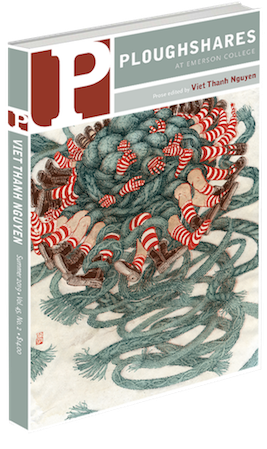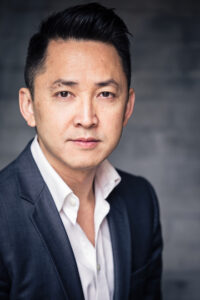Prison in the Age of Euphemisms
Issue #140
Summer 2019
My high-school English teacher Ms. Dachs did three things I remember my senior year: she cried openly in front of the class on September 12, 2001; she introduced us to William Safire’s column “On Language”; and she played a cassette...
Purchase an archive subscription to see the rest of this article.
Purchase an archive subscription to see the rest of this article.

